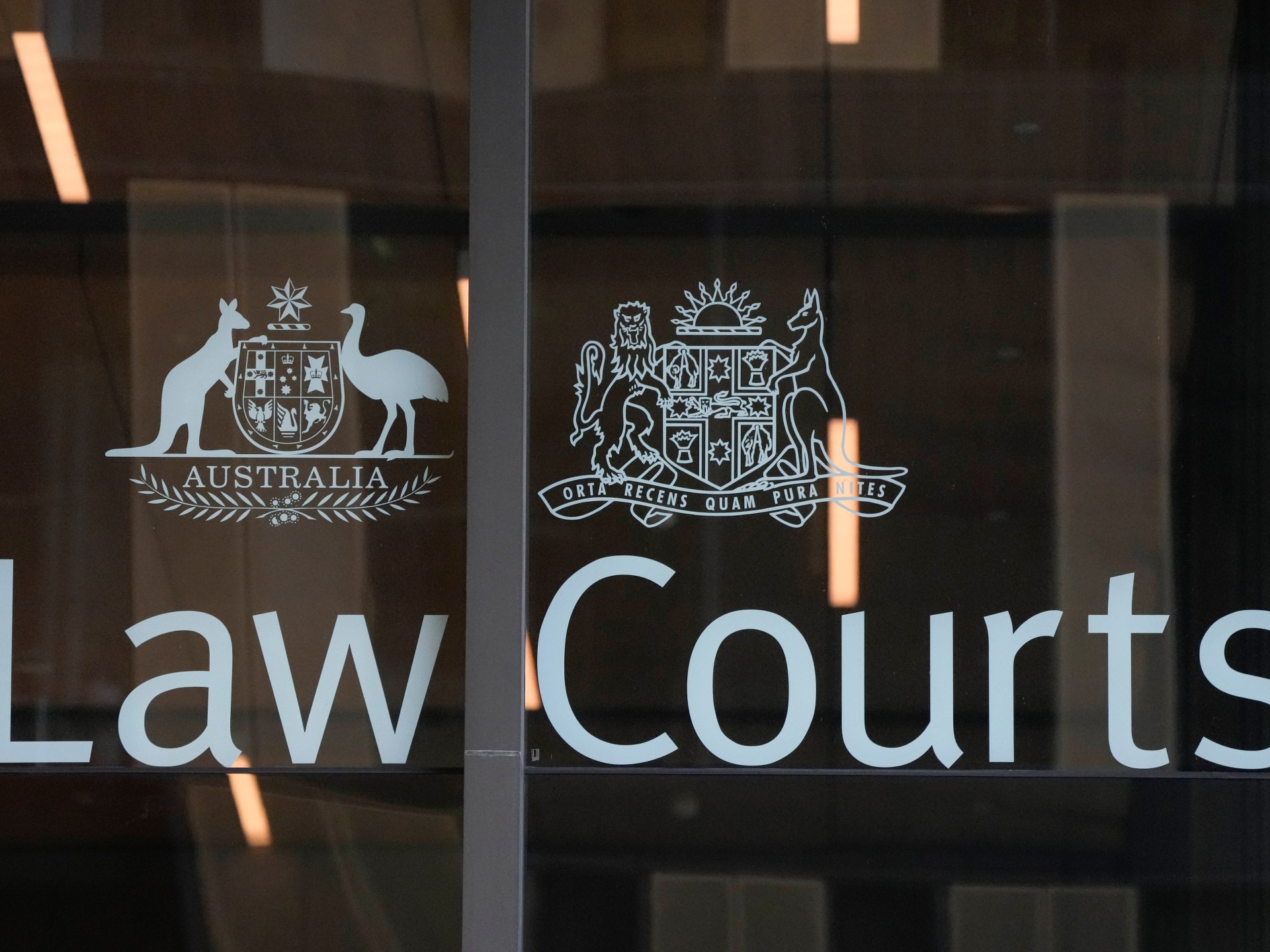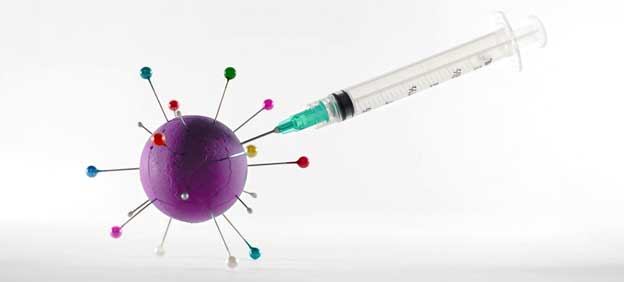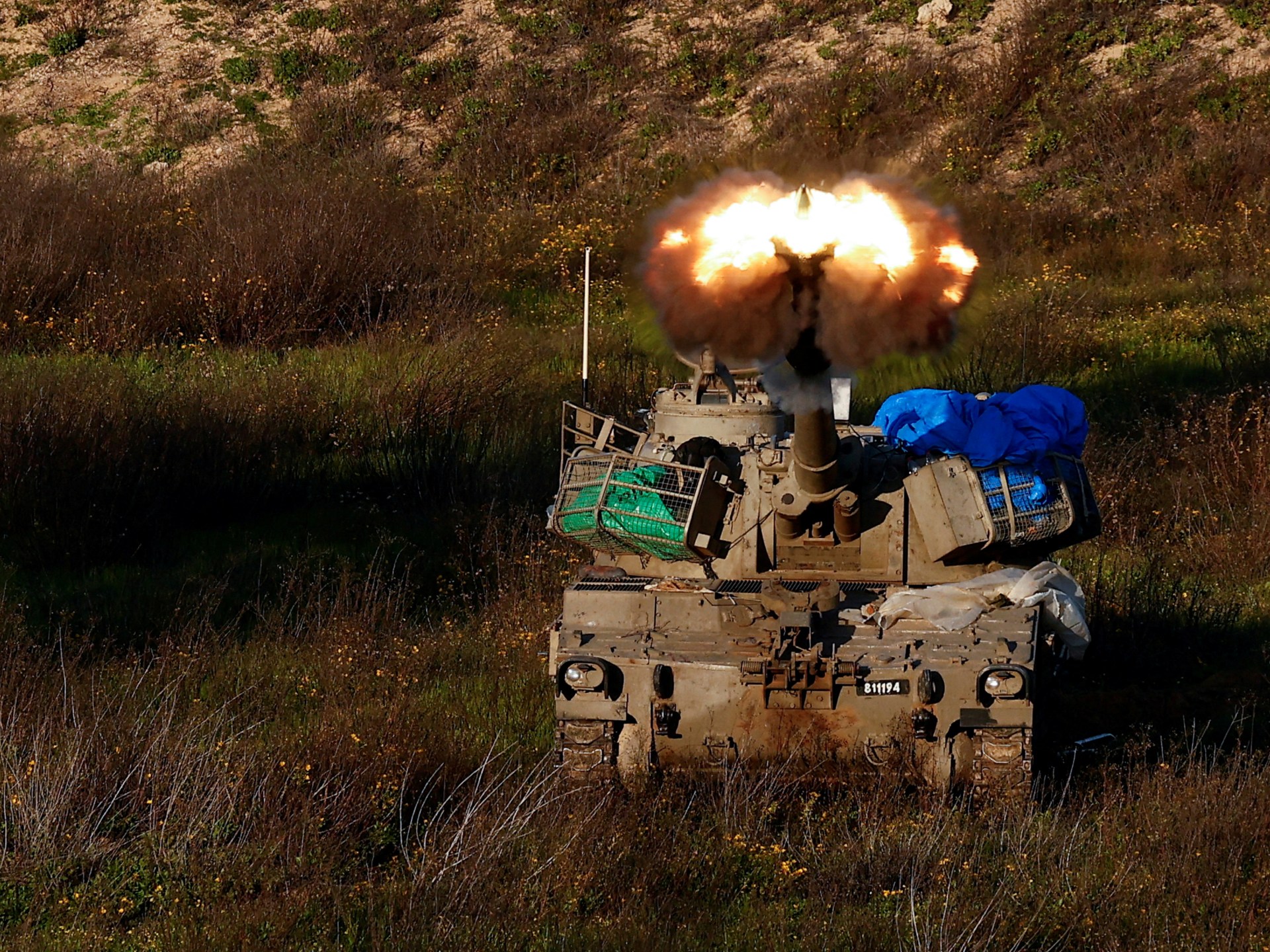Australia inquiry raises hopes for six jailed over alleged 1981 bomb plot | Courts News
Melbourne, Australia – More than four decades after they were convicted in one of Australia’s longest-running criminal trials, the evidence used to jail six former Yugoslav migrants is being re-examined to determine if they were victims of a miscarriage of justice.
A rare judicial inquiry in the state of New South Wales (NSW) began investigating this month the convictions of six Croatian-Australian men found guilty in 1981 of plotting to bomb sites across Sydney, Australia’s biggest city.
A Supreme Court judge ordered the inquiry on the grounds that there were “doubts” and “questions” about the evidence provided to the trial by police officers and a key witness, who Australia’s domestic spy agency suspected may have been an informant for the state intelligence agency of the then-Yugoslavia, the Eastern European country that eventually broke up in a wave of nationalism in 1991.
“The members of the ‘Croatian Six’ for whom I act have always and steadfastly maintained their innocence,” said Sebastian De Brennan, one of the lawyers representing the three men on whose behalf the judicial review application was made: Vjekoslav Brajkovic, Maksimilian Bebic and the late Mile Nekic, who died last year in Croatia.
De Brennan told Al Jazeera the inquiry was “a vindication for my clients who wanted nothing more than to have their names, and those of the many other Croatian-Australians whose good reputations were tarnished by the case, cleared.”
The inquiry will also examine the cases of the three other members of the “Croatian Six”: Anton Zvirotic and brothers Ilija and Joseph Kokotovic.
All six men were recent migrants from Yugoslavia when they were arrested in Sydney and the NSW town of Lithgow in February 1979.
After a 172-day trial in the NSW Supreme Court, in February 1981, they were convicted of involvement in a conspiracy to bomb two travel agencies, a Serbian community club, a suburban theatre and Sydney water supply pipes. They were also convicted on charges of possessing explosives and each sentenced to a maximum of 15 years in prison. They served sentences of 10 years before being released in 1991.
Multiple legal appeals and applications for judicial review were unsuccessful but in 2022, after examining new information submitted to the NSW Supreme Court, Judge Robertson Wright ordered a judicial inquiry into the convictions.
Judge Wright said there were “doubts or questions as to parts of the evidence … and the guilt of the Croatian Six”, including whether a central witness gave “deliberately false” evidence in the original trial.
The man, known as Vico Virkez, told police that he was a member of the largely anti-communist Croatian-Australian community and involved in the alleged bombing plot with the convicted men. His confession to Lithgow police in 1979 led to their arrests.
Declassified government documents name him as Vito Misimovic or Mesimovic, a Bosnian-born migrant who was reported by the Australian Security Intelligence Organisation (ASIO) as having links to the Yugoslav consulate in Sydney.
Yugoslavia’s eventual split following the collapse of the then-Soviet Union led to the independence of several countries including Croatia.
ASIO files describe the “Croatian Six” as belonging to a “Croatian nationalist movement dedicated to overthrowing the Yugoslav government and establishing an independent Croatian state”. In his decision, Judge Wright states there is a “real possibility that the Yugoslav Intelligence Service used Mr Virkez as an agent provocateur or informer, to cause false information to be given to the NSW Police, and possibly ASIO, as to the existence of a bombing conspiracy involving the Croatian Six, in order to discredit Croatians in Australia”.
Investigative journalist Hamish McDonald, who has written extensively on the “Croatian Six”, expects the declassified information on Virkez’s activities to have a significant impact on the inquiry. In 2018, McDonald’s research led to the intelligence agency files being declassified and included in the application for a judicial inquiry.
“The ASIO evidence shows that this information was given very early to the state police but none of it reached the defence counsel or was heard in the court,” McDonald recalled.
“The Crown Counsel assured the court there was not a scintilla of evidence that Virkez was a Yugoslav agent.”
In directing the inquiry, Judge Wright found that “the unavailability to the defence at the trial of the information of the type disclosed in the declassified ASIO documents may well have deprived each accused of a chance of acquittal”.
McDonald believes that if any of the surviving police officers involved in arresting the “Croatian Six” appear before the inquiry, they will be questioned “about the physical evidence they claim to have found on the premises of the six Croatian Australians and why they did not do certain things that would be routine procedures now, like photographing evidence and fingerprinting. They’d be asked whether they used violence in the interrogation of the arrested men”.
Four of the men alleged they were beaten while in police custody. Judge Wright said there were questions too about the evidence provided by NSW Police officers about the confessions attributed to all six men and the discovery of explosives linked to them.
“The inquiry will have a wider scope than a trial and examine the convictions in a different way to an appeals court,” explained Associate Professor Mehera San Roque, an expert in evidence law at the University of New South Wales.
“It is not bound by the rules of evidence. So, the judge will be able to receive evidence that might otherwise be inadmissible in a trial,” she said.
At the end of the inquiry, the judge will submit a report to the chief justice of the Supreme Court and “may refer the matter to the Court of Criminal Appeal for consideration of whether the convictions should be quashed, or the sentence reconsidered”.
“If the convictions are quashed, it is possible to seek compensation,” added San Roque.
‘I was innocent’
The “Croatian Six” and their families have rarely spoken publicly about the trial and convictions.
But in his first testimony to the inquiry in early December, Vjekoslav Brajkovic declared: “I was innocent.” He described a transcript of his 1979 police interview as “a complete fabrication”.
“It was like tying up the hands of the men who were arrested behind their backs and telling them to go off and fight the trial,” Brajkovic, now in his 70s, told the hearing.
In an interview with the Australian Broadcasting Corporation (ABC) in 2022, Lydia Peraic, the former wife of Joseph Kokotovic, called for an “acknowledgment that wrong has been done”.
“My whole world fell apart,” Peraic told ABC Radio, describing the “horrendous impact” of her ex-husband’s incarceration. “It’s not only wrong for Joe. It’s wrong for my daughters and their daughters because it has scarred us. All you want is a ‘sorry’.”
Other relatives of the six men share the sentiment, says Doris Bozin, a Canberra-based lawyer who has been advocating for the “Croatian Six” since the 1990s.
“Many of the families feel let down, disillusioned and bitter towards Australian institutions,” she said.
“Some are worried about repercussions during and after the inquiry on themselves, their families – particularly the children and grandchildren. They’re feeling trauma revisiting that past, those lost years and missed opportunities.”
“Yet some of them still feel a glimmer of hope,” Bozin added.
Bozin describes a sense of “apprehension” in the wider Croatian-Australian community “stemming from repeated let-downs and erosion of trust in some Australian institutions”.
“There is a collective hope the inquiry, through its insights and recommendations, will exonerate Australian Croatians from unjust extremist and terrorist labels,” she said.
Presiding over the inquiry is Judge Robert Allan Hulme. In 1985, he assisted in an inquiry into the convictions – later overturned – of three members of the Ananda Marga religious sect over a plot to murder a right-wing political figure.
The public hearings in the “Croatian Six” inquiry are set to continue in March.
Among those confirmed to give evidence is a former senior government lawyer who first raised concerns about intelligence information on Vico Virkez being withheld from the court to the federal attorney general in the mid-1980s. A seventh man who was arrested with the “Croatian Six” but did not stand trial is also due to appear but attention will be on the surviving convicted men, some of whom have been waiting for decades for their chance to be heard.
“Their desire is that justice will not only be done, but be seen to be done,” said lawyer De Brennan. “They, their families, Croatian Australians and the legal fraternity will be watching the inquiry with a keen eye.”
Check out our Latest News and Follow us at Facebook
Original Source






